Arm acquires stake in Raspberry Pi in bid to drive IoT development
The deal confirms a long-standing Raspberry Pi commitment to Arm chips

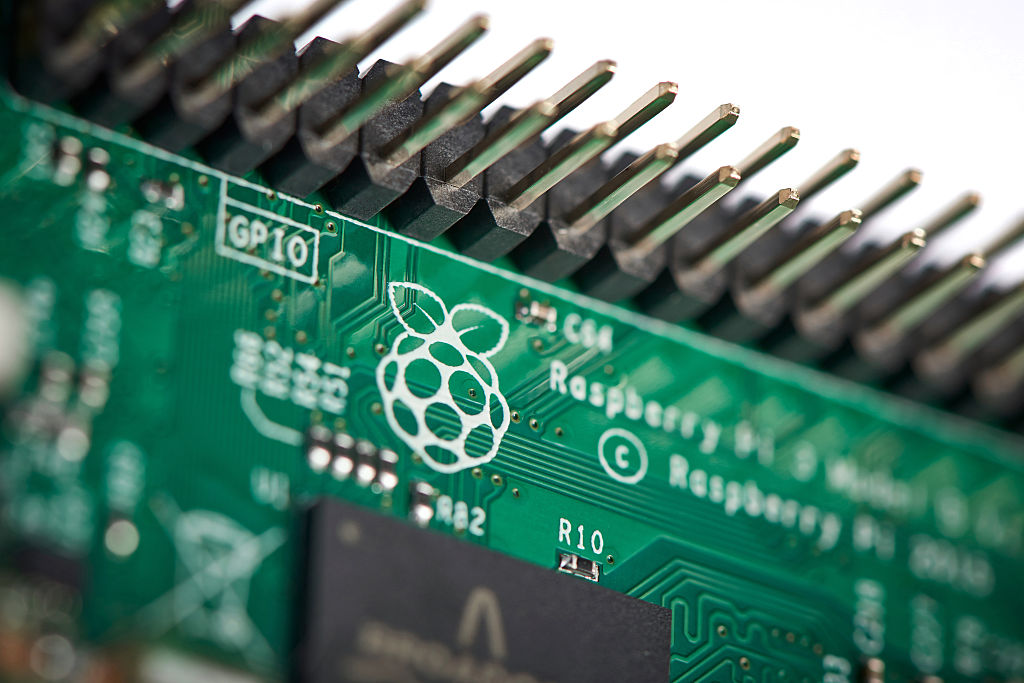
Arm has acquired a minority stake in Raspberry Pi in a bid to entice Internet of Things (IOT) developers.
Neither organization is yet to confirm the size or value of the stake. However, the deal builds on an existing partnership between the two firms that dates back to 2008.
Arm CPUs have featured in all Raspberry Pi products to date, including the recently-launched Raspberry Pi 5.
Paul Williamson, SVP of Arm's IoT business said the aim of the deal is to consolidate its position with the IoT developer community and drive the creation of IoT solutions.
“Arm and Raspberry Pi share a vision to make computing accessible for all, by lowering barriers to innovation so that anyone, anywhere can learn, experience and create new IoT solutions," he said.
"With the rapid growth of edge and endpoint AI applications, platforms like those from Raspberry Pi, built on Arm, are critical to driving the adoption of high-performance IoT devices globally by enabling developers to innovate faster and more easily."
Raspberry Pi has evolved somewhat from its early days supplying a device for hobbyists and children, and now counts a growing number of industrial and commercial firms among its customers.
Sign up today and you will receive a free copy of our Future Focus 2025 report - the leading guidance on AI, cybersecurity and other IT challenges as per 700+ senior executives
The devices' low power consumption makes them particularly popular in mobile and IoT devices.
“Arm technology has always been central to the platforms we create, and this investment is an important milestone in our longstanding partnership," says Eben Upton, CEO of Raspberry Pi.
"Using Arm technology as the foundation of our current and future products offers us access to the compute performance, energy efficiency and extensive software ecosystem we need, as we continue to remove barriers to entry for everyone, from students and enthusiasts, to professional developers deploying commercial IoT systems at scale.”
Raspberry Pi slices are going fast
The deal follows similar minority investments earlier this year from Sony, which manufactures many boards under contract for Raspberry Pi at a facility in Wales, as well as from Lansdowne Partners and Ezrah Charitable Trust.
Last month, the company said it was considering floating on the London Stock Exchange with a £409 million valuation. The move follows a postponed float in 2021 due to poor listing conditions and global chip shortages.
While Raspberry Pi has used Arm chips in its devices from the get go, there has been rumbling speculation that this might change.
RELATED RESOURCE

BCDR buyer's guide for MSPs
Choose a business continuity and disaster recovery solution
that offers recovery for physical and virtual servers
DOWNLOAD NOW
Five years ago, the company signed up to the RISC-V Foundation, a non-profit dedicated to promoting the free and open-source RISC-V instruction set architecture.
It's becoming highly popular, with a group of chip firms including Qualcomm, Nordic Semiconductor, and Robert Bosch, forming a company to commercialize the architecture earlier this summer and encourage hardware development in the automotive sector, mobile and IoT sectors.
However, Raspberry Pi's deal with Arm makes a move to RISC-V highly unlikely any time soon, and gives Arm more credibility in its claims that RISC-V doesn't represent a significant threat.
Emma Woollacott is a freelance journalist writing for publications including the BBC, Private Eye, Forbes, Raconteur and specialist technology titles.
-
 What is Microsoft Maia?
What is Microsoft Maia?Explainer Microsoft's in-house chip is planned to a core aspect of Microsoft Copilot and future Azure AI offerings
-
 If Satya Nadella wants us to take AI seriously, let’s forget about mass adoption and start with a return on investment for those already using it
If Satya Nadella wants us to take AI seriously, let’s forget about mass adoption and start with a return on investment for those already using itOpinion If Satya Nadella wants us to take AI seriously, let's start with ROI for businesses
-
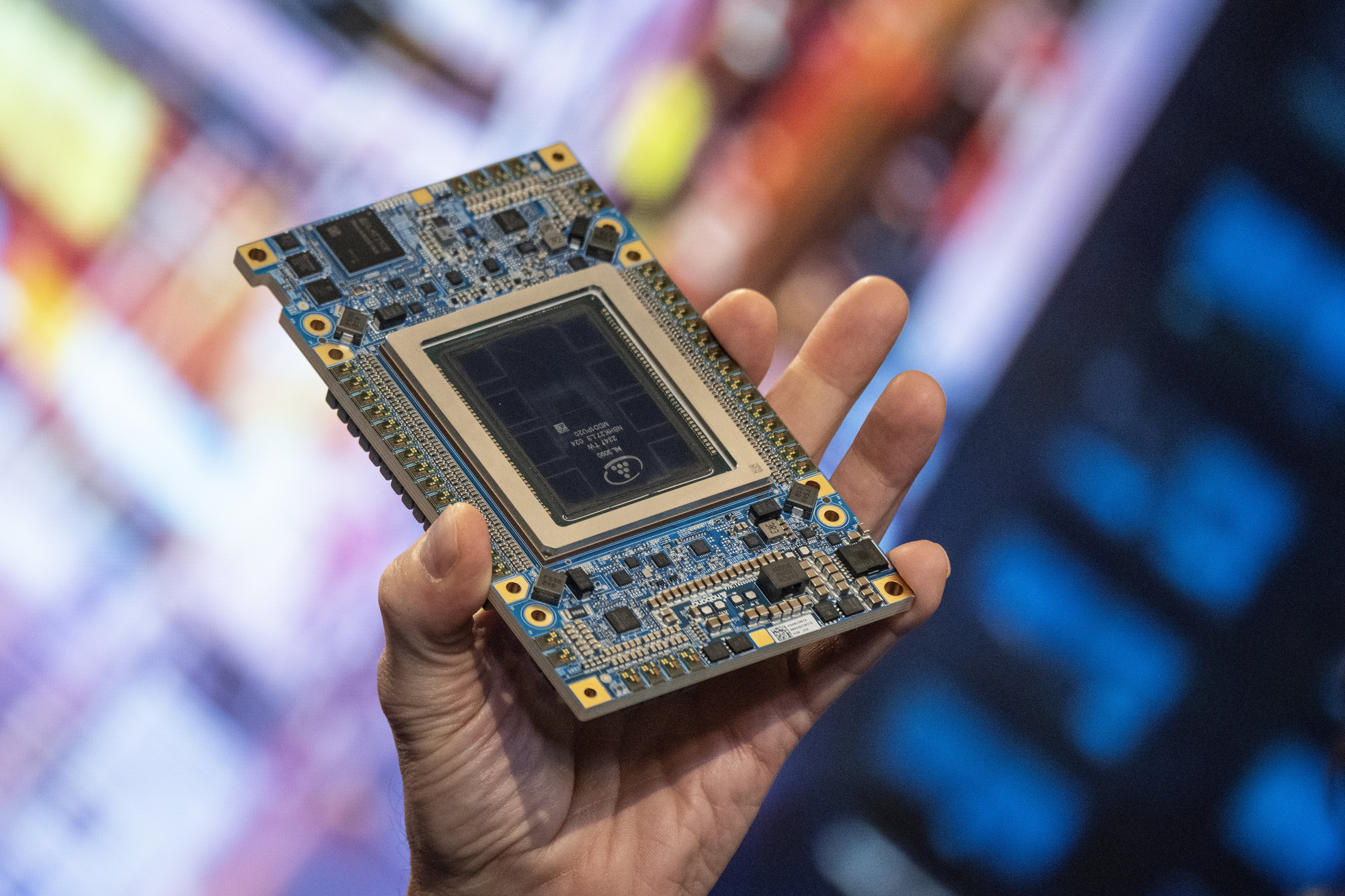 The AI PC is coming: Here’s what you need to know
The AI PC is coming: Here’s what you need to knowAnalysis Analysts believe a new wave of AI PC’s will spur increased tech spending in 2024
-
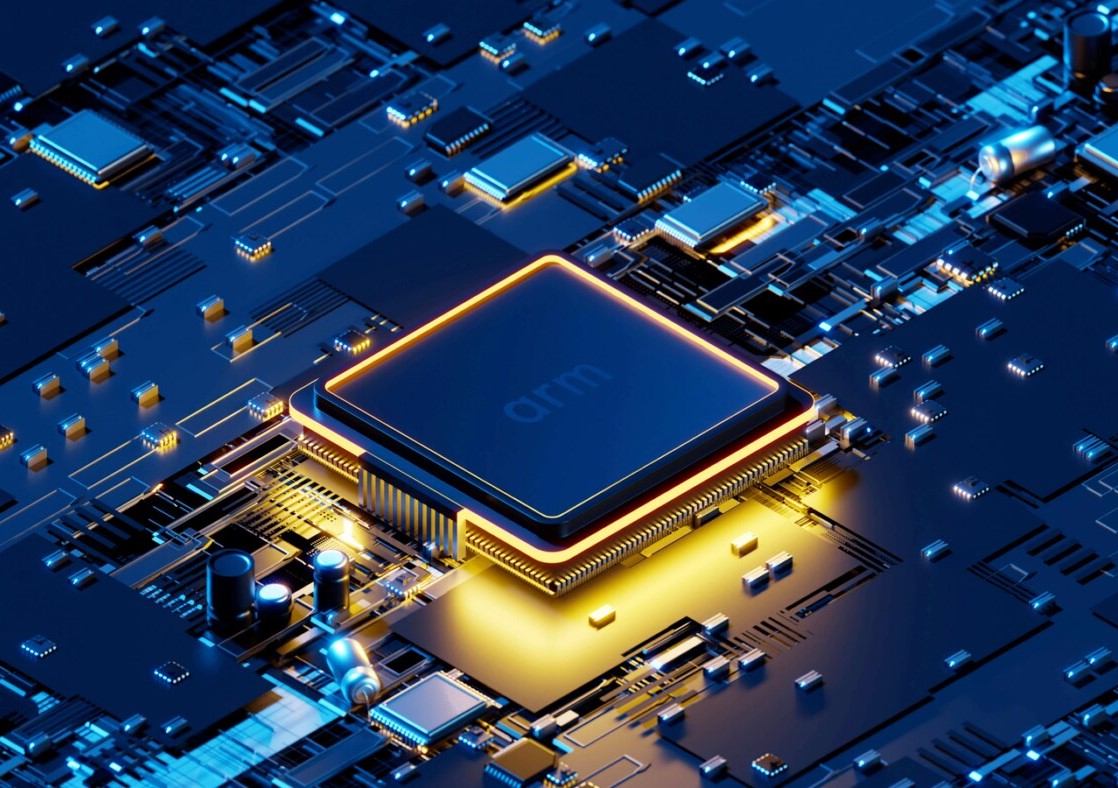 Arm's Cortex-M52 is a powerful compact processor for low-cost AIoT development
Arm's Cortex-M52 is a powerful compact processor for low-cost AIoT developmentNews The Arm Cortex-M52 looks to drive developer enablement in AI-powered IoT devices
-
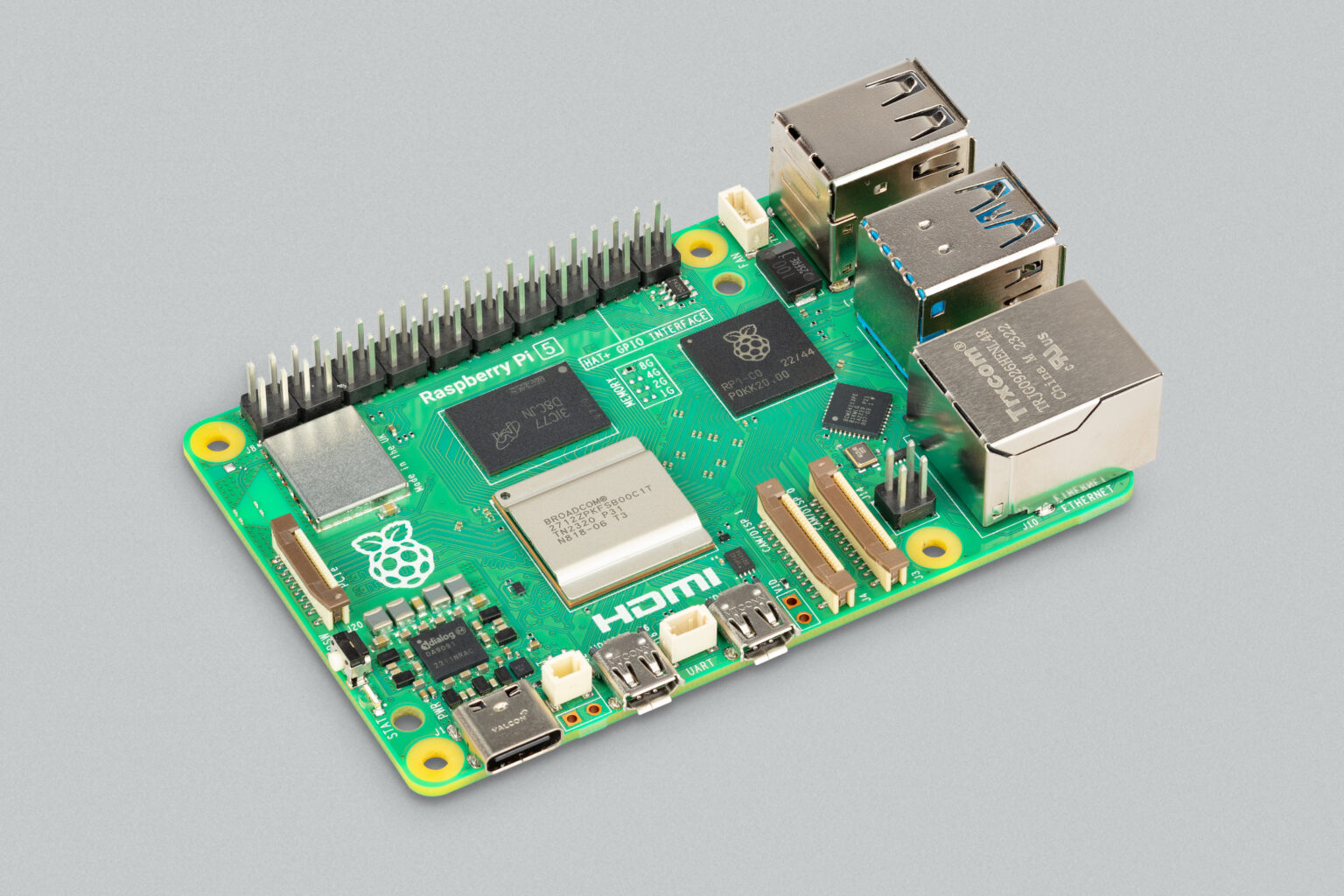 Raspberry Pi 5: New model is “2-3 times more powerful” than previous generation
Raspberry Pi 5: New model is “2-3 times more powerful” than previous generationNews The new Raspberry Pi 5 will provide a “no-compromise user experience”, the firm said
-
 Sony invests in Raspberry Pi to strengthen edge AI offering
Sony invests in Raspberry Pi to strengthen edge AI offeringNews The move follows longstanding ties between the two firms
-
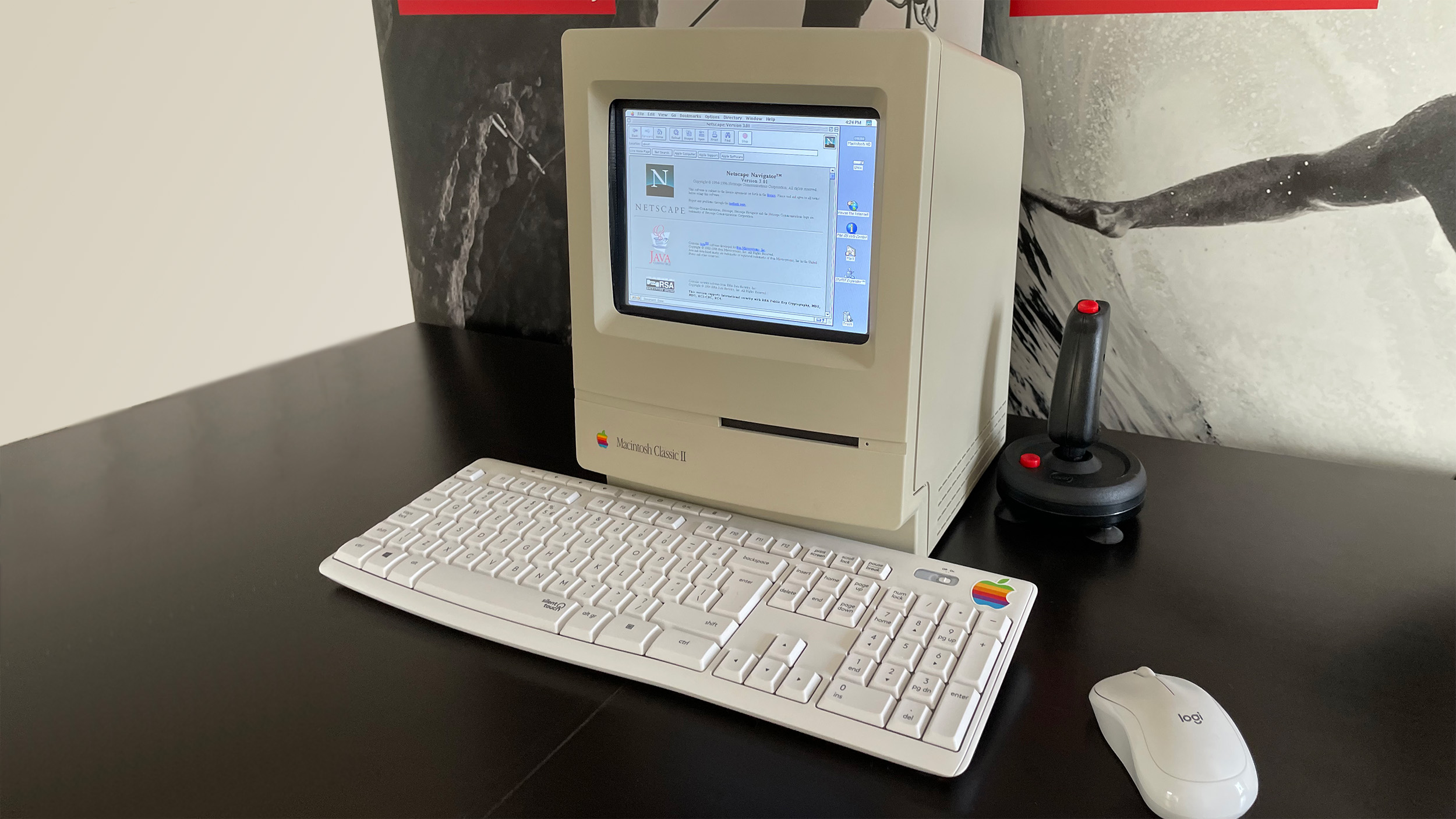 Return of the Mac
Return of the MacIn-depth Developer Jarosław Mazurkiewicz explains the creative process behind MacintoshPi and why he wanted to bring a classic Mac back to life
-
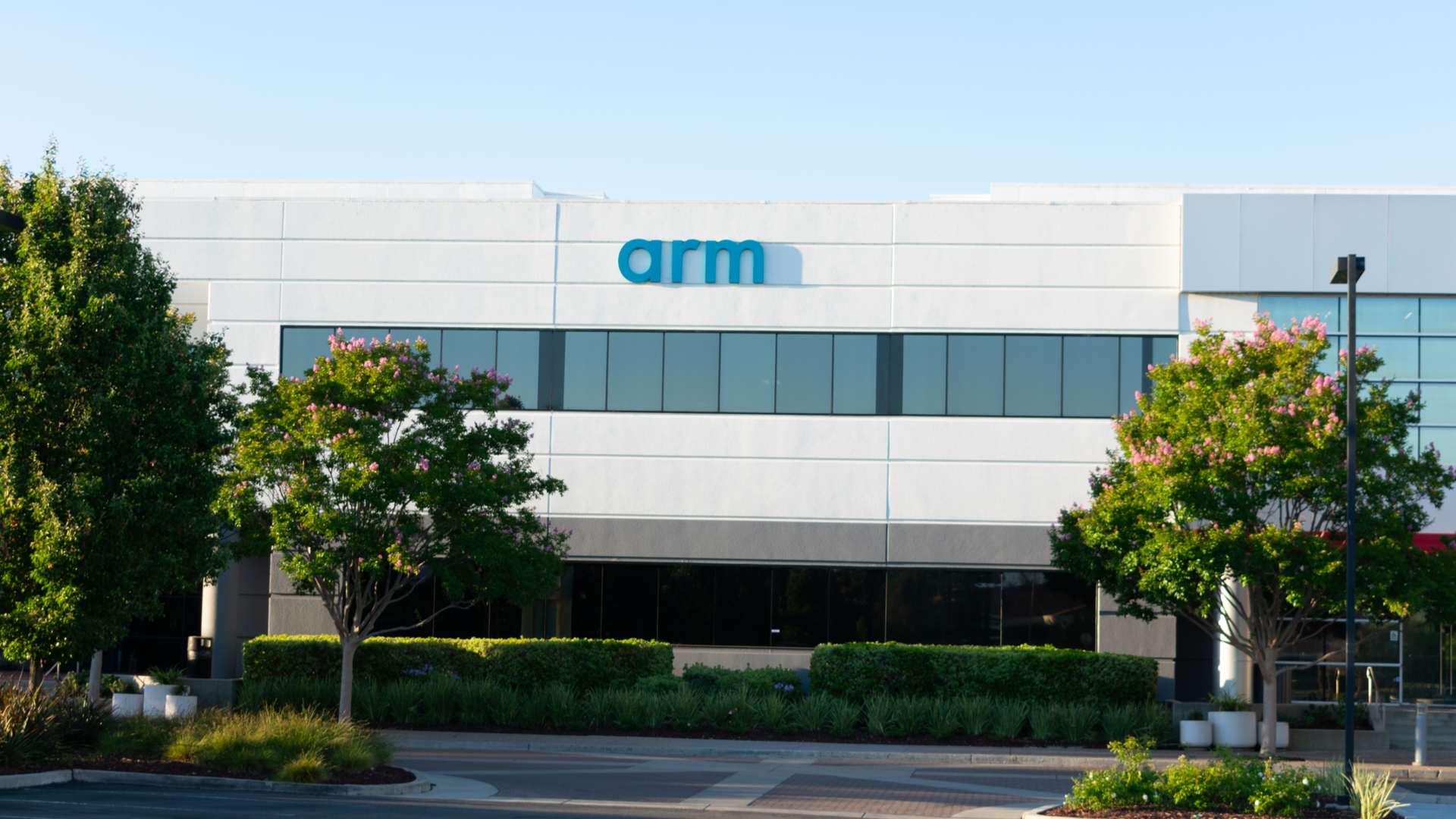 Qualcomm open to investing in Arm as part of consortium
Qualcomm open to investing in Arm as part of consortiumNews This comes after SK Hynix said it was interested in forming a consortium to acquire the British chipmaker
-
 Arm China CEO refuses to step down despite being dismissed
Arm China CEO refuses to step down despite being dismissedNews This is the second time Arm has tried to get rid of the CEO, after falling out with him in 2020
-
 Raspberry Pi ten years on: Breathing new life into retro machines
Raspberry Pi ten years on: Breathing new life into retro machinesIn-depth A full decade after the Raspberry Pi first hit shelves, the microcomputer is reviving older PCs and games consoles
